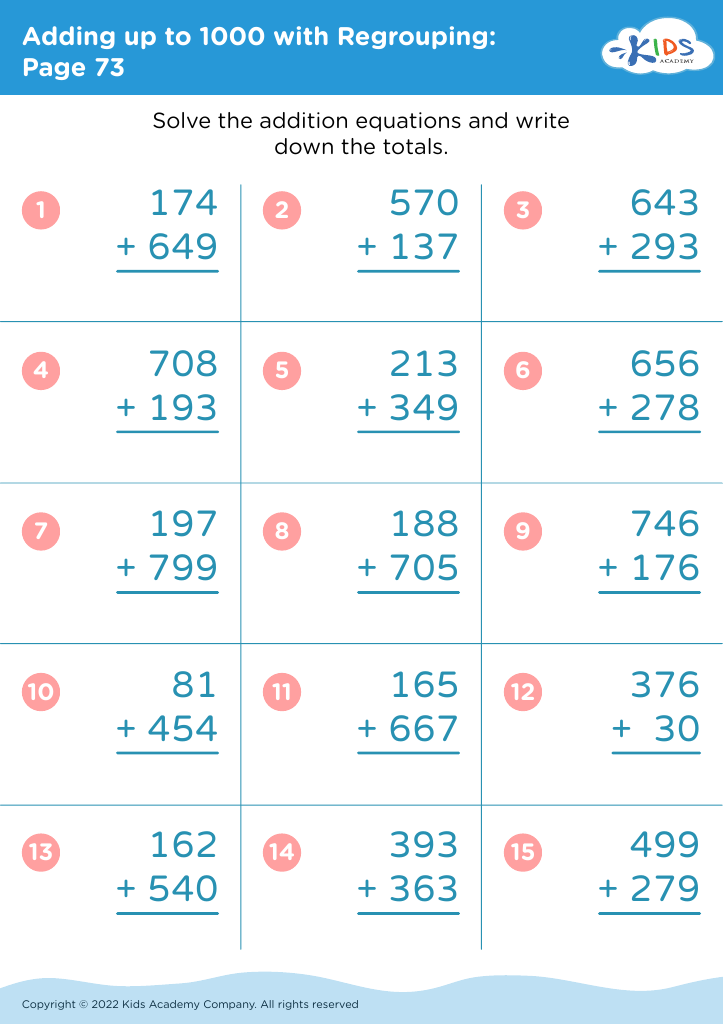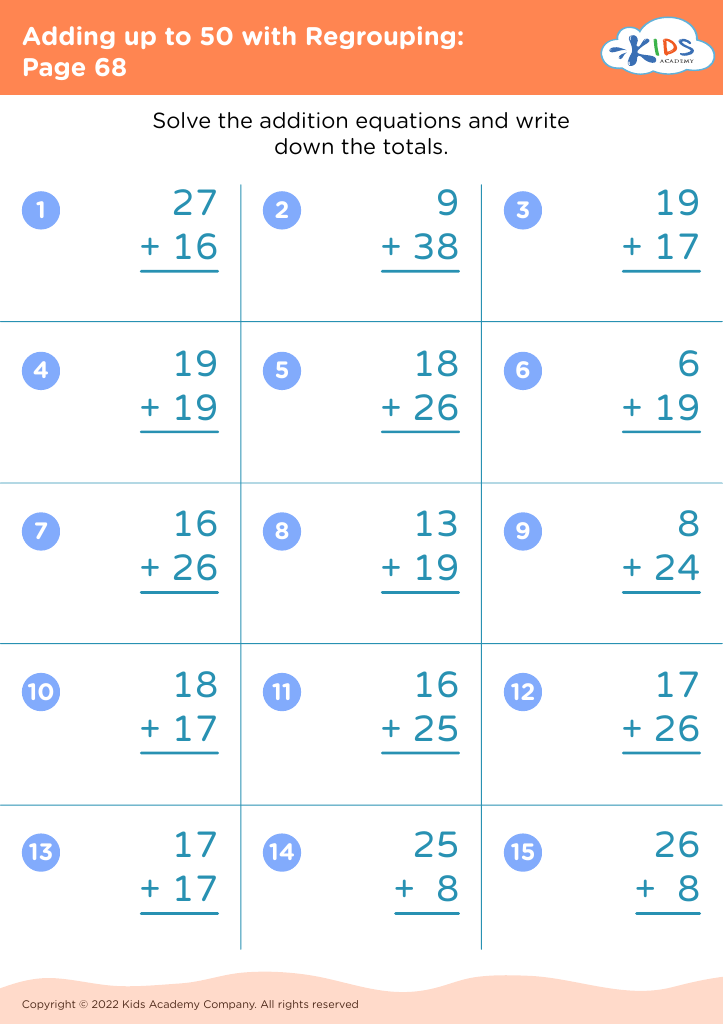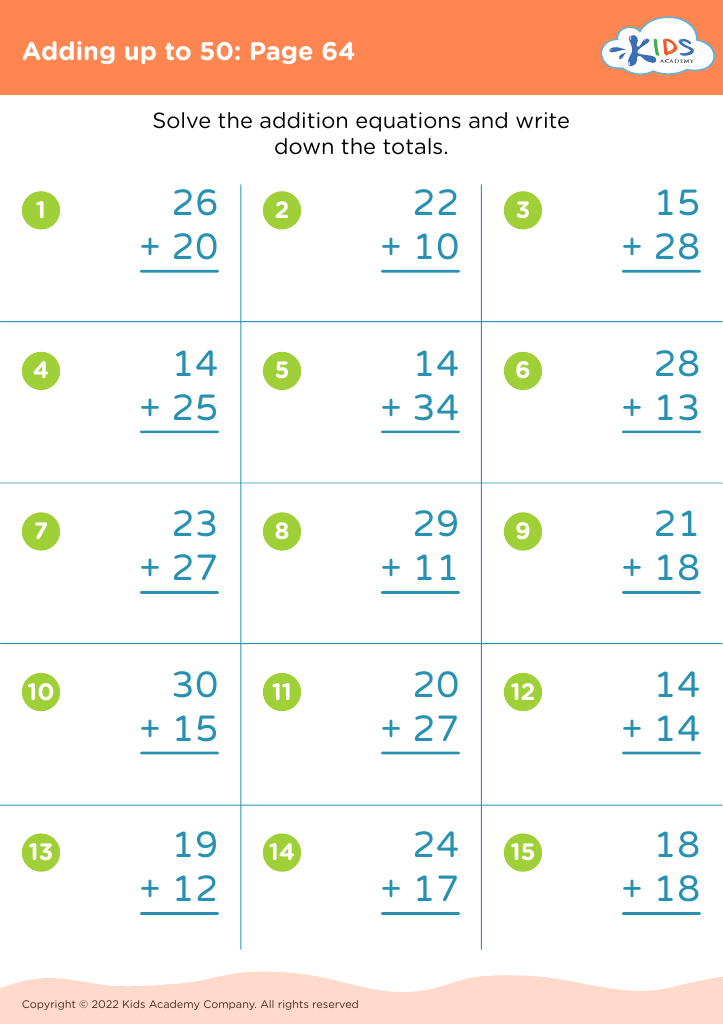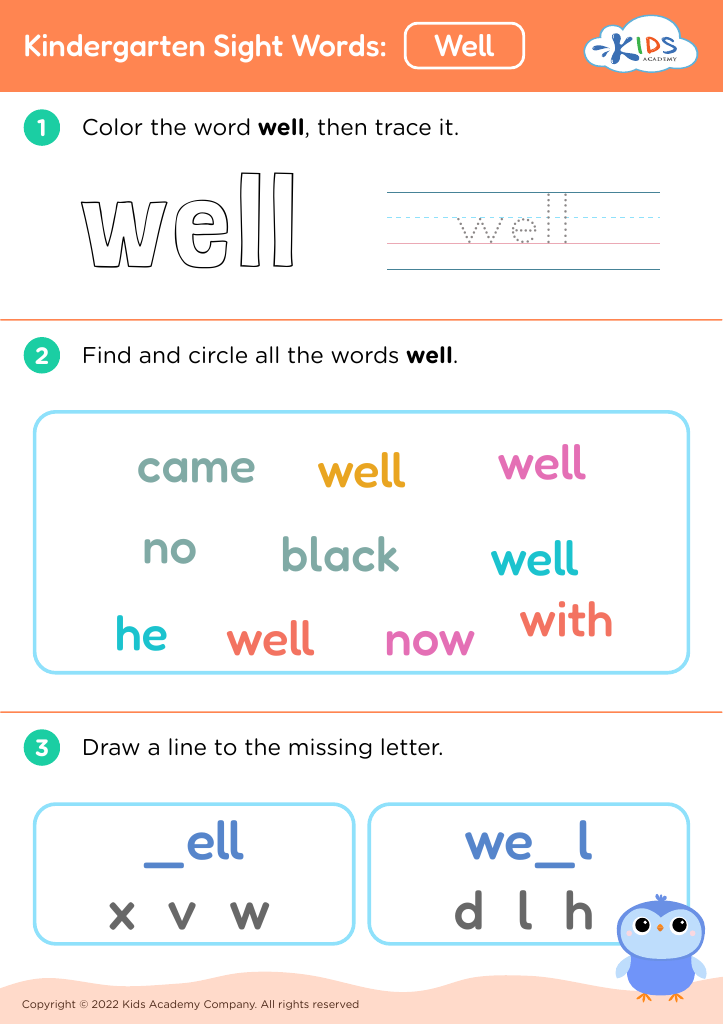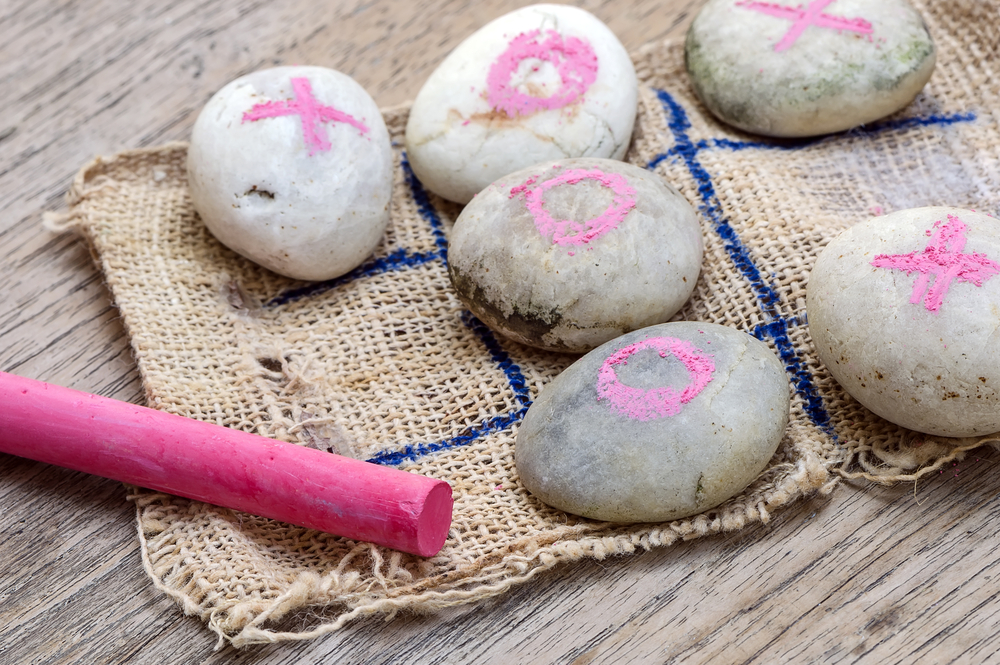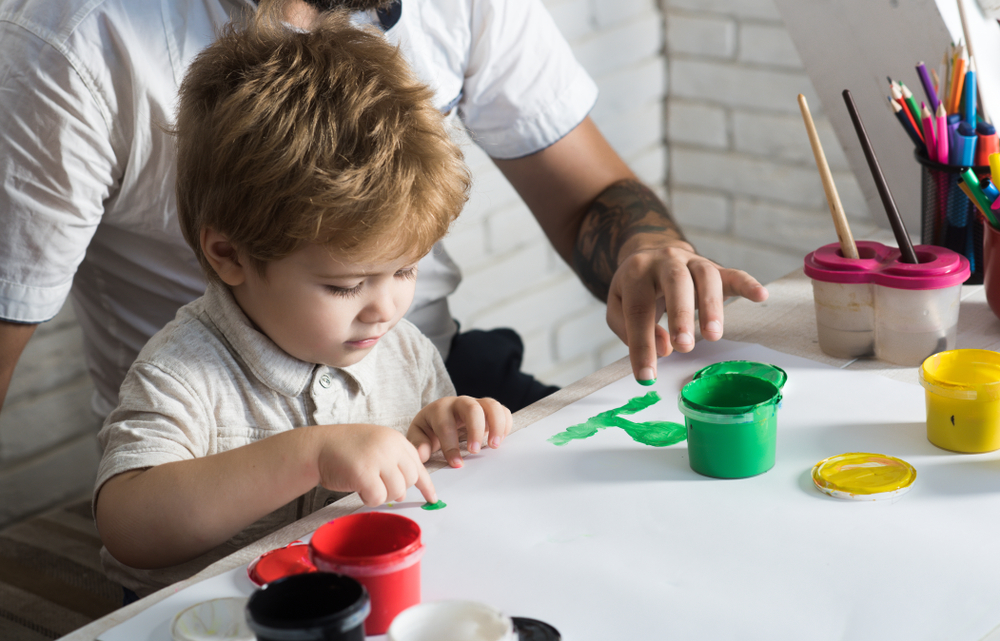Developing logical thinking Worksheets for Kids
10 filtered results
-
From - To
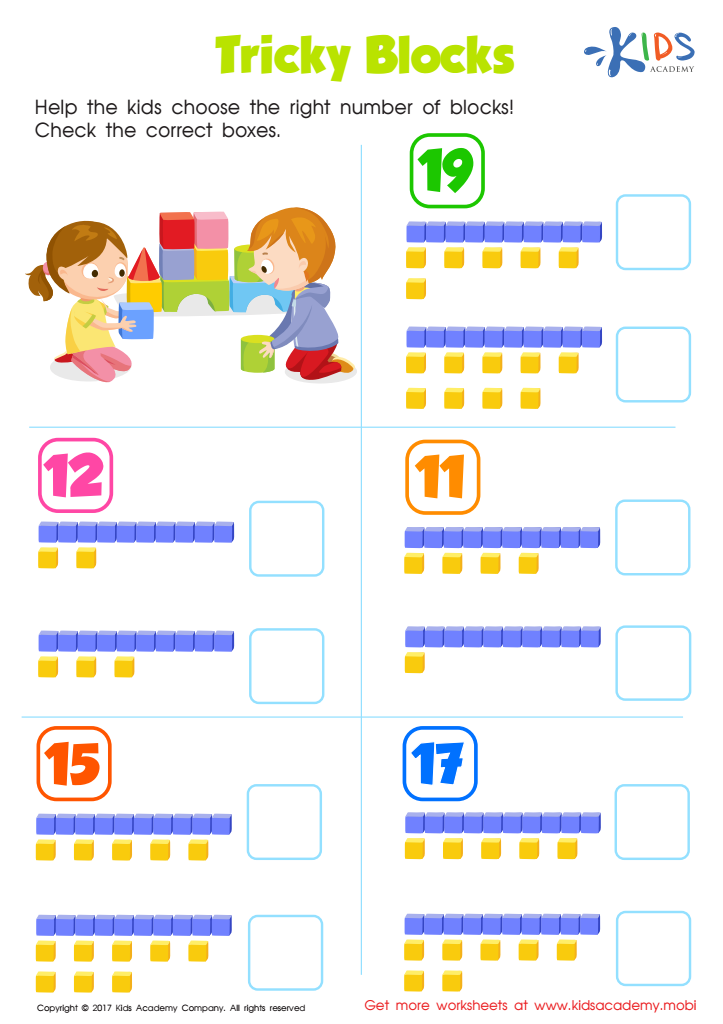

Tricky Blocks Worksheet
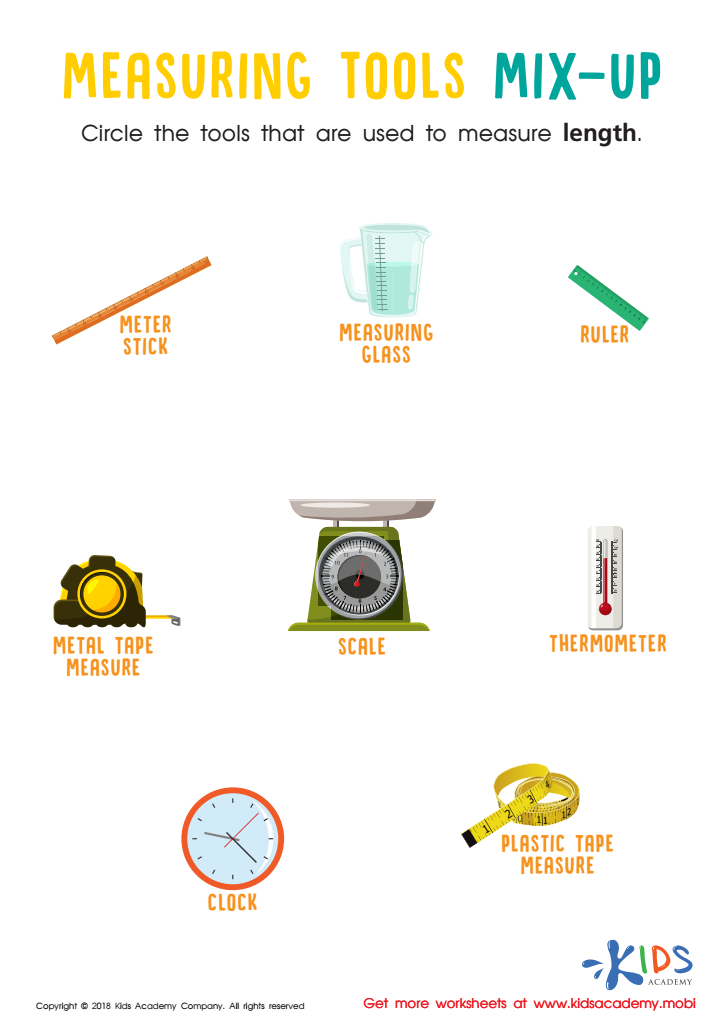

Measuring Tools Mix–up Worksheet
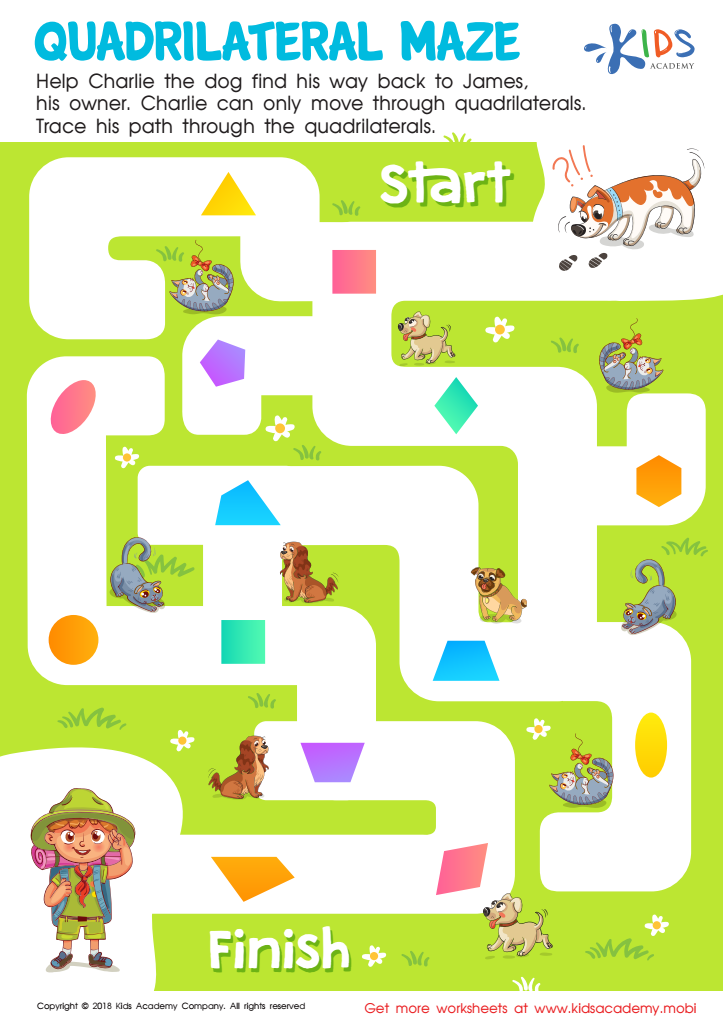

Quadrilateral Maze Worksheet
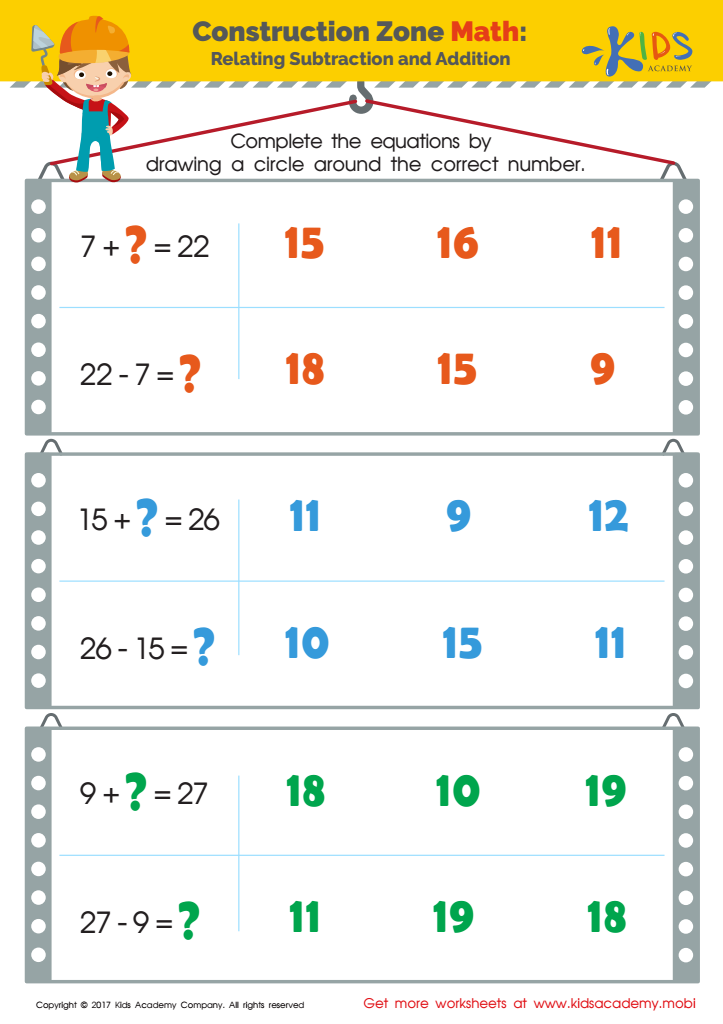

Related Addition and Subtraction Facts Worksheet
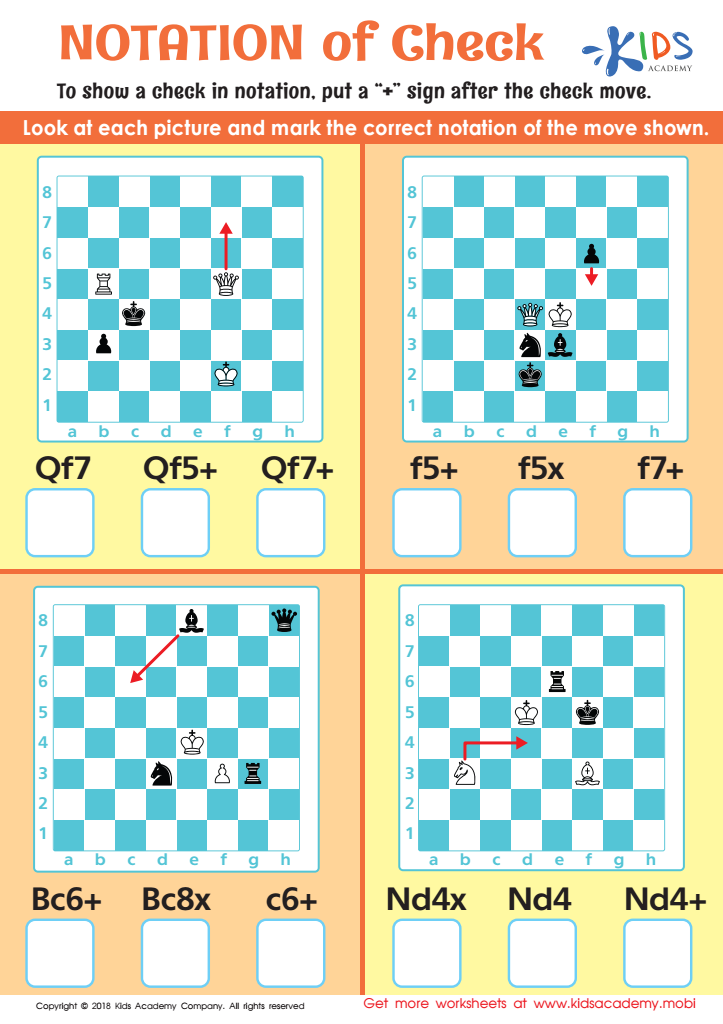

Notation of Check Worksheet
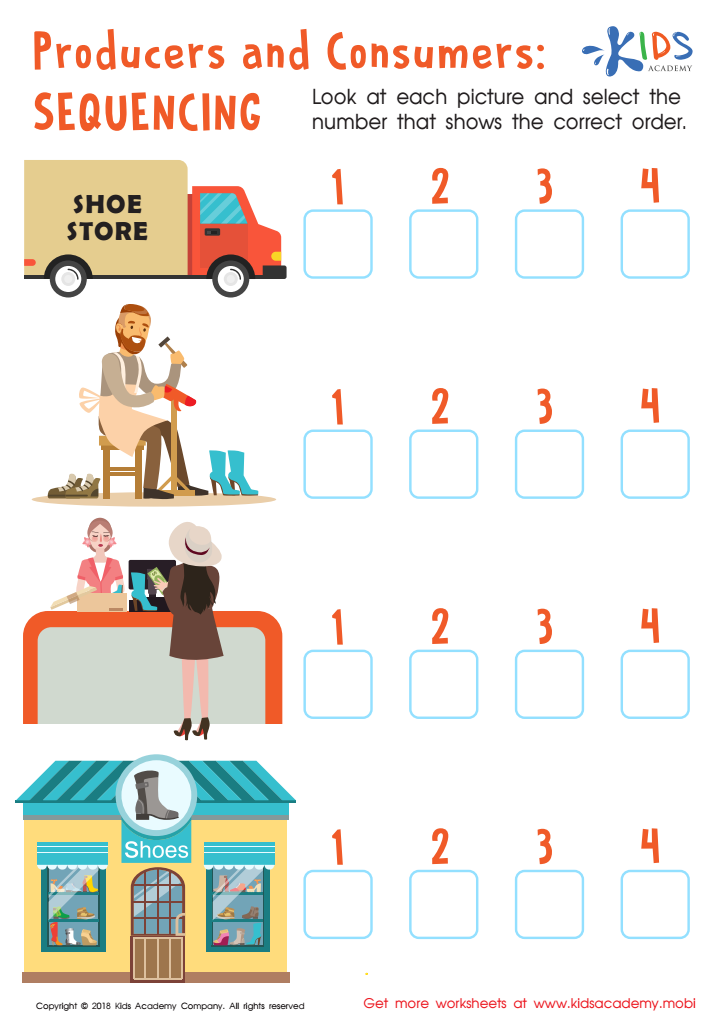

Producers and Consumers: Sequencing Worksheet
Question/Answer
Why is the Developing logical thinking skill important for Kindergarten students?
Developing logical thinking skills in kindergarten students is crucial because it lays the foundation for critical thinking and problem-solving abilities. By nurturing these skills early, children learn to analyze situations, make connections, and understand cause and effect, which supports their academic success across subjects and enhances their ability to navigate daily challenges effectively as they grow.
What does the Developing logical thinking skill mean when it comes to Kindergarten Numbers learning?
Developing logical thinking skills in Kindergarten Numbers learning involves teaching children to understand and apply reasoning to numerical concepts. It encompasses recognizing patterns, categorizing, sequencing, and solving simple problems. This foundation helps children comprehend mathematical relationships, fostering an early ability to analyze, predict outcomes, and make informed decisions related to numbers and their operations.
How to test a Kindergarten student’s Developing logical thinking skills?
To test a Kindergarten student's developing logical thinking skills, use puzzles, simple pattern recognition activities, and basic problem-solving tasks. Incorporate sequencing games, where they order events or objects, and classification exercises to group items by characteristics. These interactive and visually engaging activities can help assess their ability to understand, analyze, and apply logic in different scenarios.

 Assign to the classroom
Assign to the classroom
